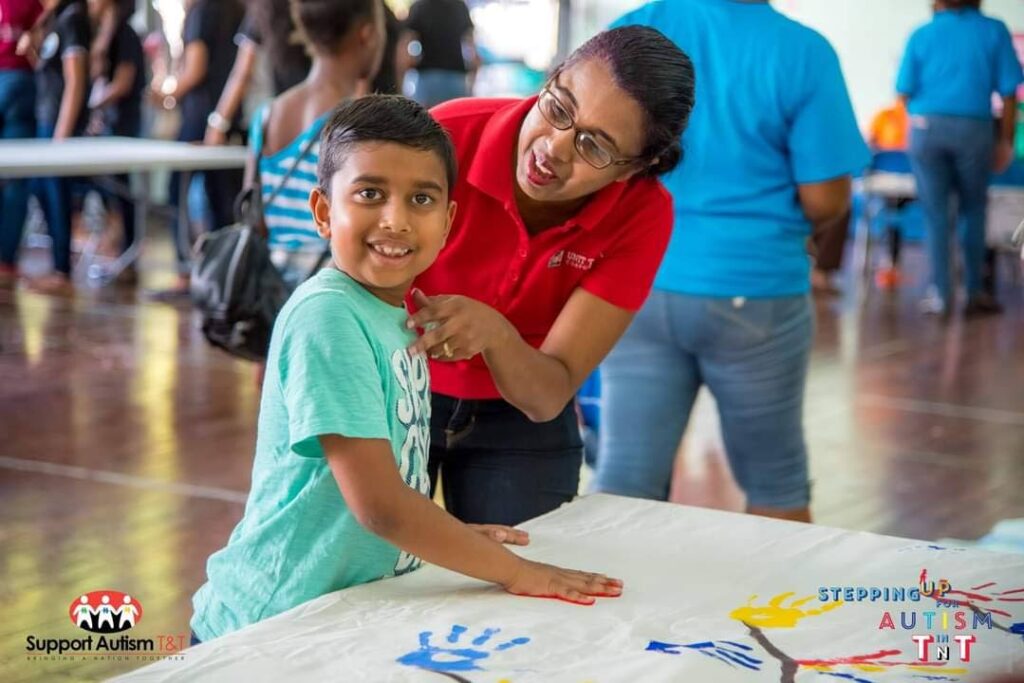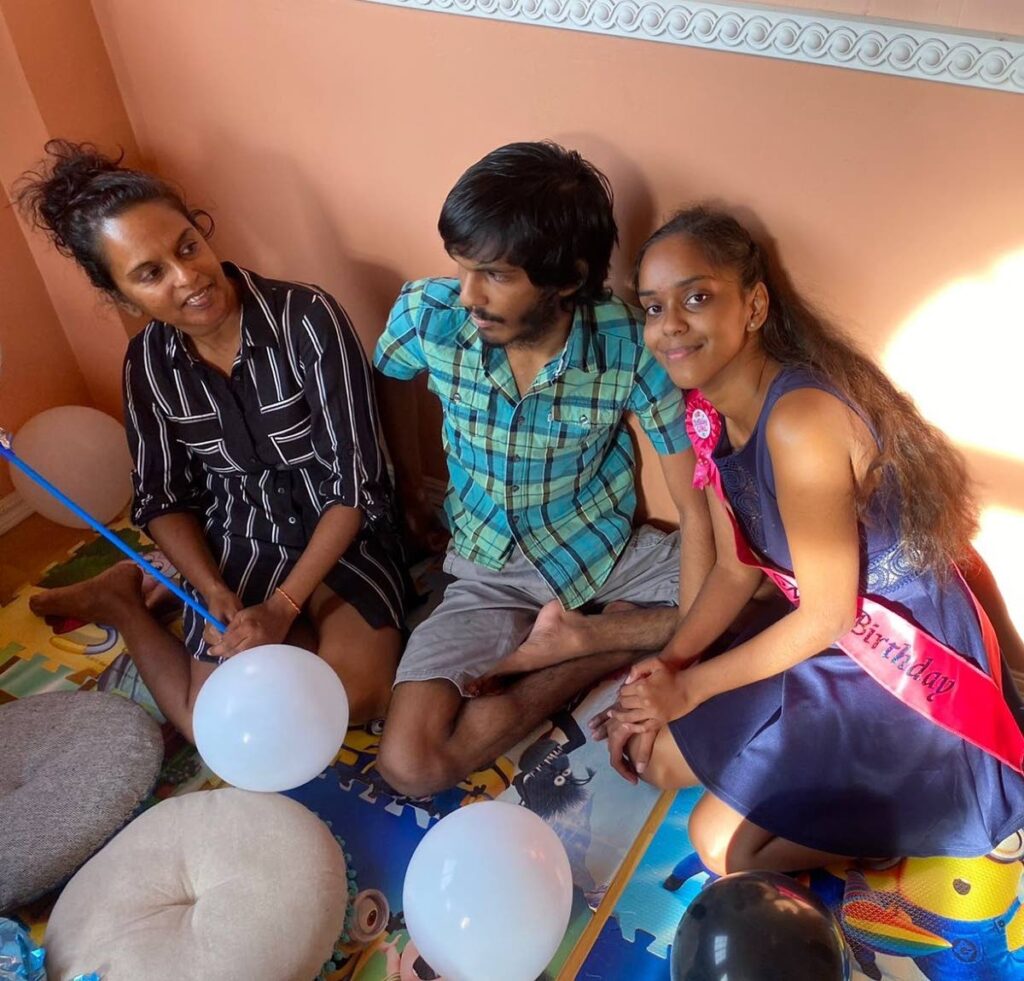What will happen to my child?

DR RADICA MAHASE
“My daughter is 20 years old and she is severely autistic. Mentally and emotionally, she functions at the level of a five-year-old.
"I have an excellent support system. My husband and the grandparents on both sides as well as the aunts and uncles have always been loving and supportive with her. They are always buying her presents and bringing over her favourite food.
"My other child, her younger sister, is 16 and she’s the best we could have ever asked for. She takes care of her big sister, she understands her, although her sister doesn’t speak, and we can leave the two of them to do things together.
"Yet I worry about what will happen to my autistic child when I am no longer here. I can’t help it. I look at her and I see a child who is so innocent; any nasty person out there can take advantage of her. We make sure she is safe, we are always looking over her and I am worry that when I die, nobody will be able to take care of her the way I do.
"It is one thing to be a good aunt or uncle who will spend time with an autistic child for a few hours, but it’s a whole different thing to take care of an autistic child 24 hours, seven days a week. I know some parents who are mentally and physically exhausted. Sometimes I get exhausted, especially when she is not well. How then can I expect someone else to do what I do?
"My husband keeps saying we don’t have to worry because our younger daughter is there and she will take care of her.
"I think it’s unfair to expect my younger daughter to focus on taking care of her sister. I think she shouldn’t have to feel that responsibility, that she should have a chance to choose whatever life she wants – if she wants to travel, to migrate, to work long hours. "Also, what if she becomes resentful towards her sister when she gets older and she feels her sister is keeping her back? Or what if she marries a man who won’t be able to understand the whole situation, who won’t want an autistic adult around?
"All those questions keep popping up in my head.”

Photo courtesy - Rahul's Clubhouse -
Alana’s fears resonate with most other parents/caregivers of special-needs children. It is probably the biggest fear that they have – worrying about who will take care of their child when they are no longer around. Parents of neurotypical children know that their children will grow up and get a job, get marry, have their own families and so on.
However, parents of children with special needs and disabilities in general, may not be able to see that for their children, given their development levels. Regardless of the level of development and functionality, an individual with special needs will need some kind of assistance. When parents and caregivers are accustomed to being responsible for their children, it becomes distressing thinking about how that child will manage when they are not around.
It is highly advised that parents and caregivers start planning today. No matter how healthy or how young you are, planning early will give you some peace of mind.
Maureen Beenie, founder of the Autism Awareness Centre, advises parents and caregivers to make plans so that things can continue as consistently as possible to avoid sudden changes in the child’s life.
This might mean getting your child accustomed to different routines, for example, instead of you alone taking your child to school, let the child get used to being dropped off by another family member.
Beenie also suggests doing developmental assessments for your child intermittently to get an idea of your child’s progress and maybe get an idea of the level of care your child might need later on.
Beenie thinks it is important to discuss death with your child.
“Discuss the 'what ifs' and eventuality of your death with your child…this is an especially important step for children with disabilities who might not otherwise understand that this change is natural, and will eventually happen whether it’s sooner, or later, when they are adults.”
Another good idea is to prepare legally and financially, as far as possible. Parents/caregivers can get life insurance so that their children will have something to help. In cases where siblings will continue to care for their brother or sister, payouts from life insurance will ease the financial burden, even if it is only a little bit and for a short while.
It is also important to have a will, in which you nominate someone to take custody or guardianship of your child.
The whole idea is to put things in place for long-term care of your child. While all parents need to plan for their children’s future, early planning by parents with special-needs children will help to give peace of mind, and special-needs parents are already so stressed, a little peace of mind will go a long way.
Dr Radica Mahase is the founder/director of Support Autism T&T


Comments
"What will happen to my child?"